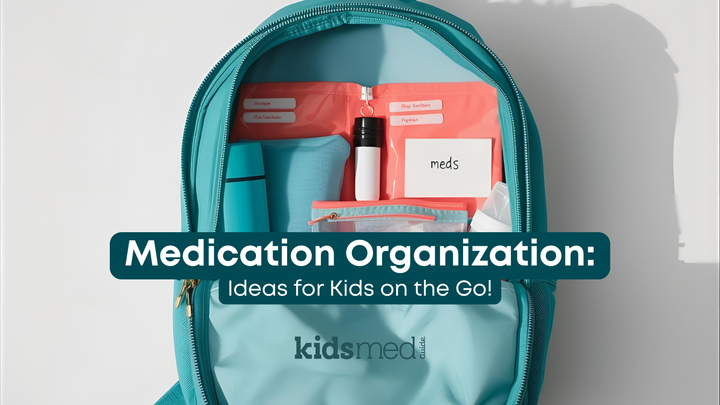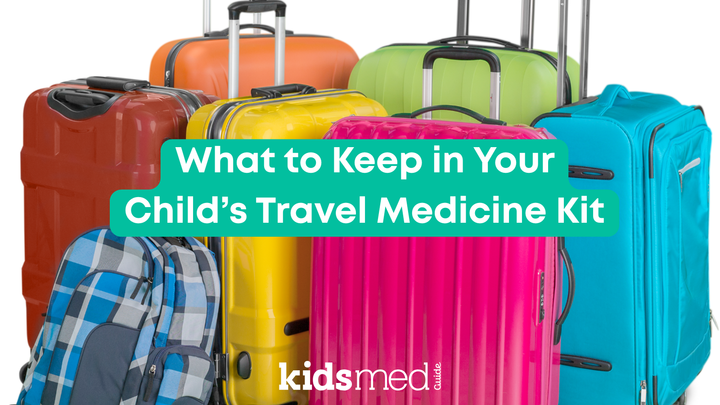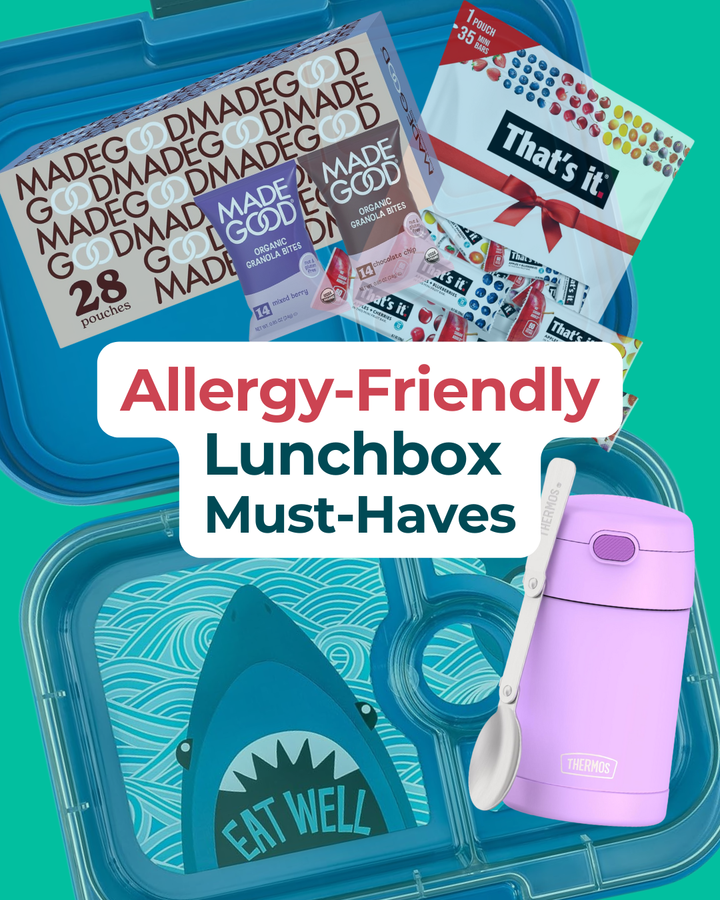Sick Day Essentials
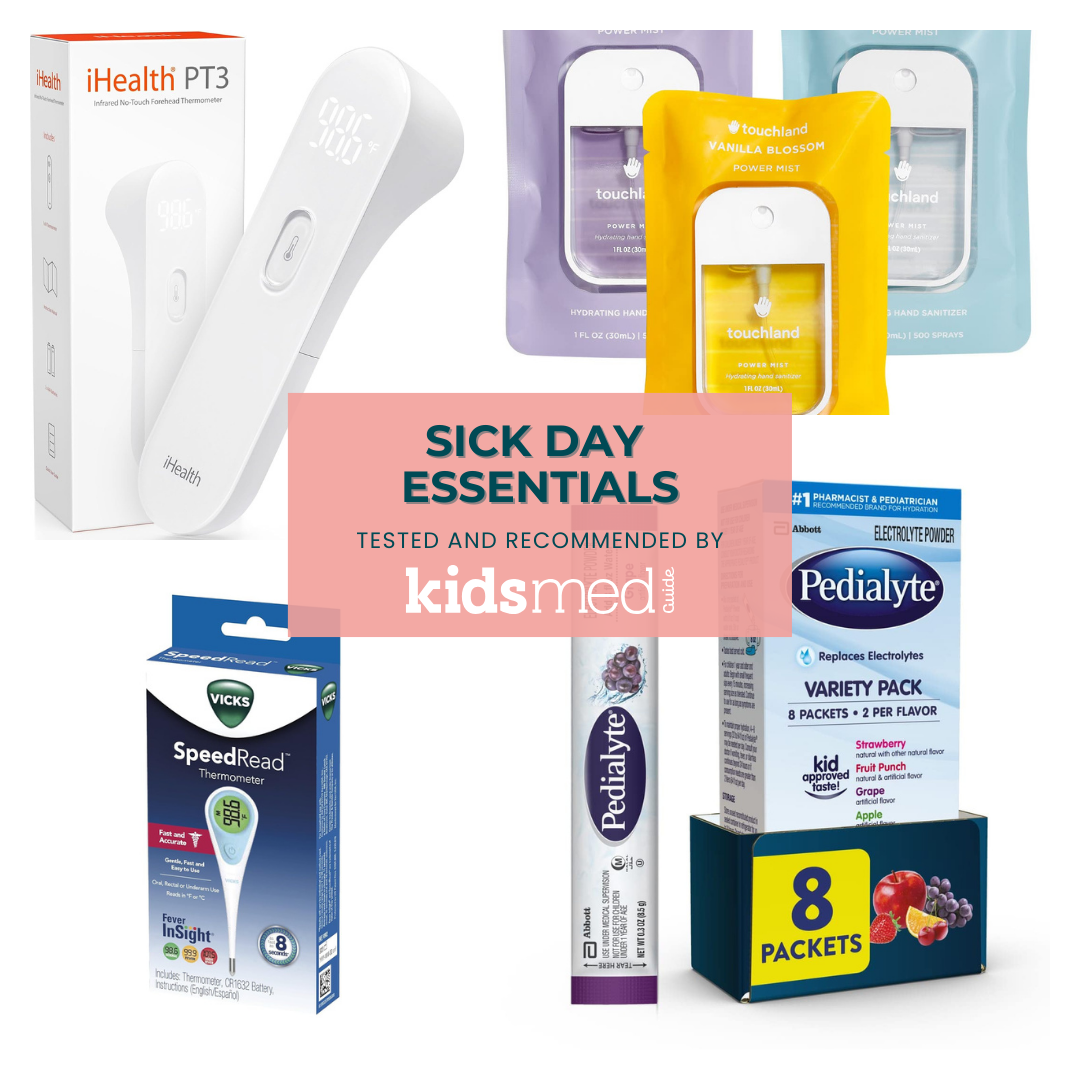
Boogers and coughing and puking, Oh My!
Sick season is officially here. However, if you have young kids, it probably never really left.
During the fall and winter, young children are prone to catching colds and other yucky viruses. Unfortunately, daycares and schools are breeding grounds for germs, and even with the best illness-prevention strategies, sick days are inevitable.
This guide contains some of my tried-and-true essentials for sick days. No medicine is linked here, but I recommend keeping some kid's acetaminophen and ibuprofen on hand, just in case! Remember to store medicine safely out of reach of children.
Sick Day Essentials for Babies
Babies can catch 6-8 colds in their first year—more if in a group daycare! That's a lot of boogers. The following products are handy for babies and young toddlers.
Cool mist humidifier
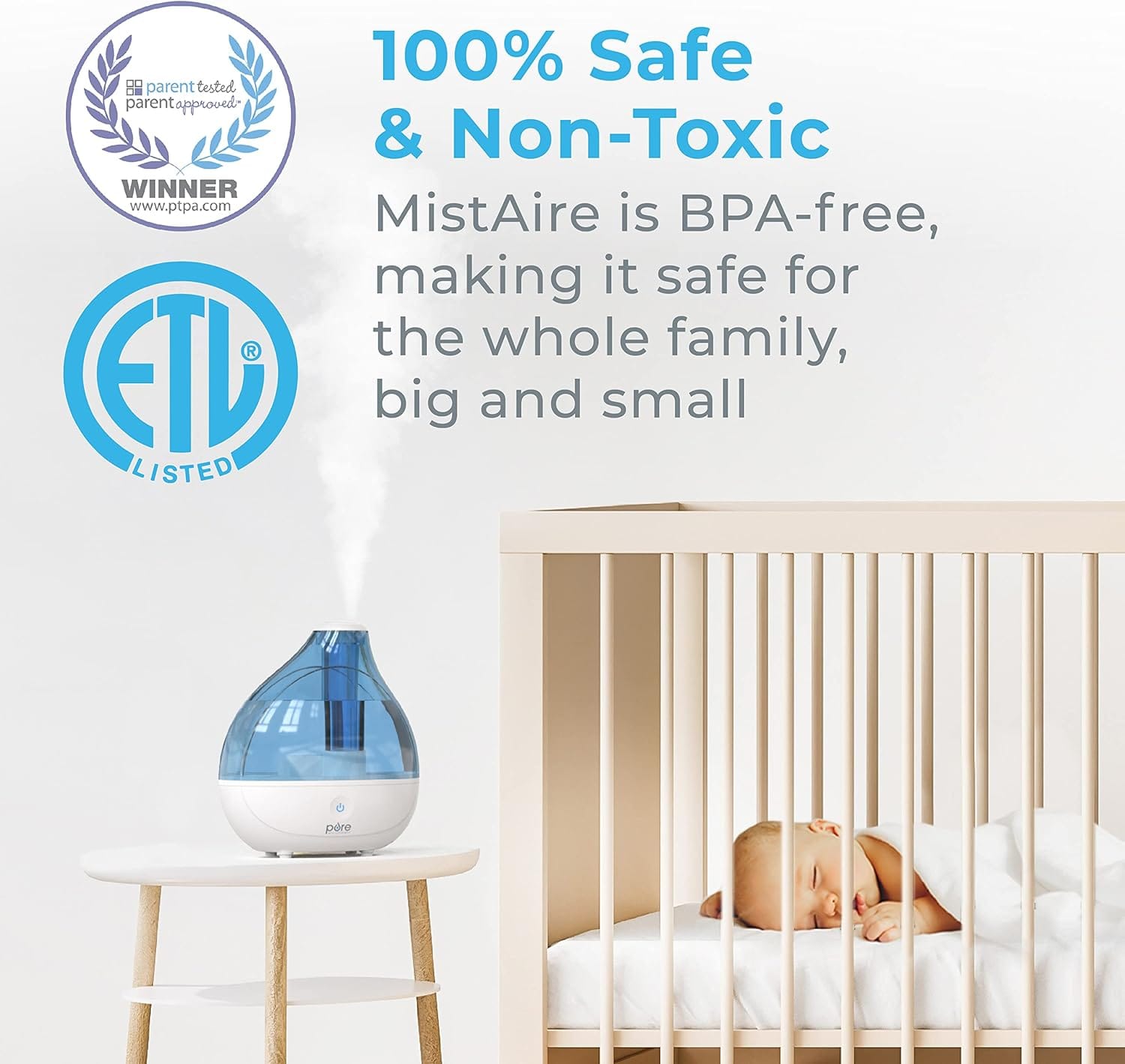
Cool mist humidifiers are great for babies and young kids—really any age—to ease congestion. If your child has a runny nose or nighttime cough, try one. I like this brand because it's easy to clean. I've tried many humidifiers over the years, and this one is quick to pull apart, clean out, and slap back together. It's also really quiet, and the light isn't too bright!
Pure Enrichment also makes a cute cloud humidifier. It doesn't last as long and is more challenging to clean, but it lights up in fun colors, and kids like it!
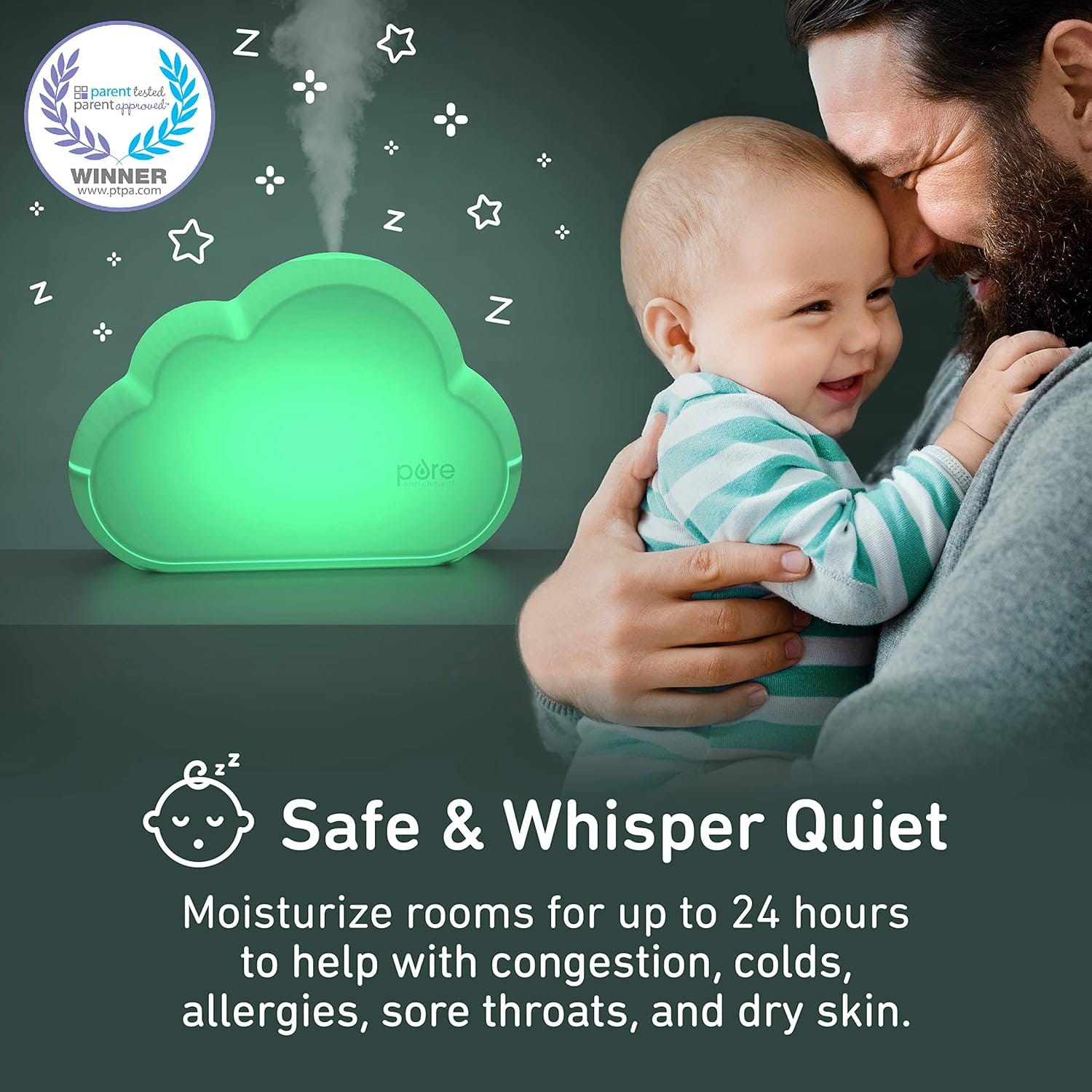
If you want to get fancy, Levoit makes a brand with smartphone integration and a built-in sensor to monitor the room's humidity.
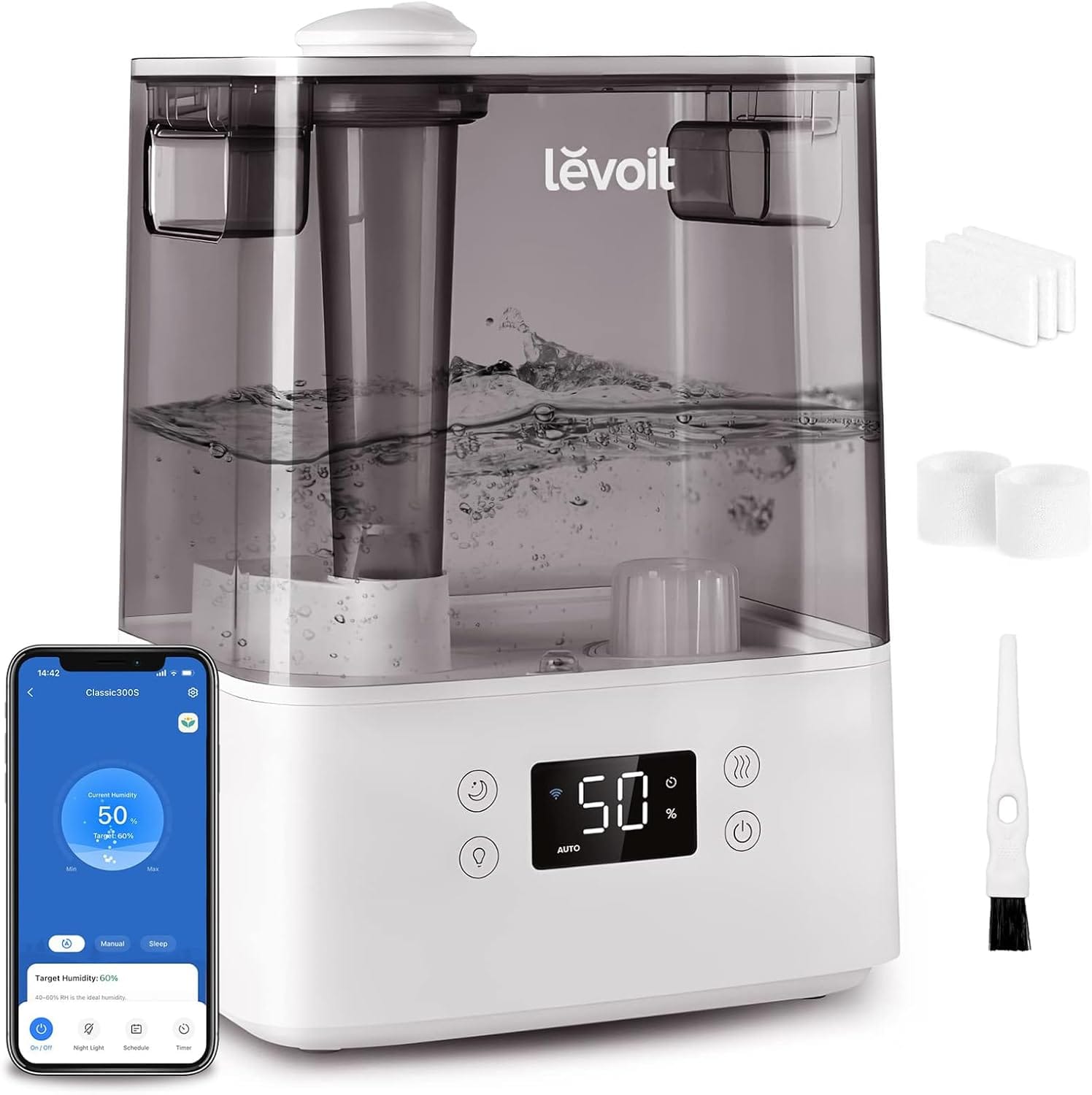
Bulb Syringes and Nasal Saline Spray
These products are essential for babies. They're not able to clear their noses, and bulb syringes are great for sucking out mucous (gross) and keeping little noses clear. Use saline spray beforehand to break up the stickier mucous.
I have the best luck doing this spray/bulb syringe routine in a warm, steamy room. If your baby has a stuffy nose, run the shower for a few minutes and hang out with your little one by the steam. It helps!
The NoseFrida
If you're a parent, you've probably heard of the NoseFrida. Equally famous and infamous, this is a device that allows parents to literally suck mucous out of their baby's nose - hygienically, of course.
It's gross, but it works. We've had one for years, and I still use it with my toddler if he's super stuffed up. My kids call it "the booga sucka."
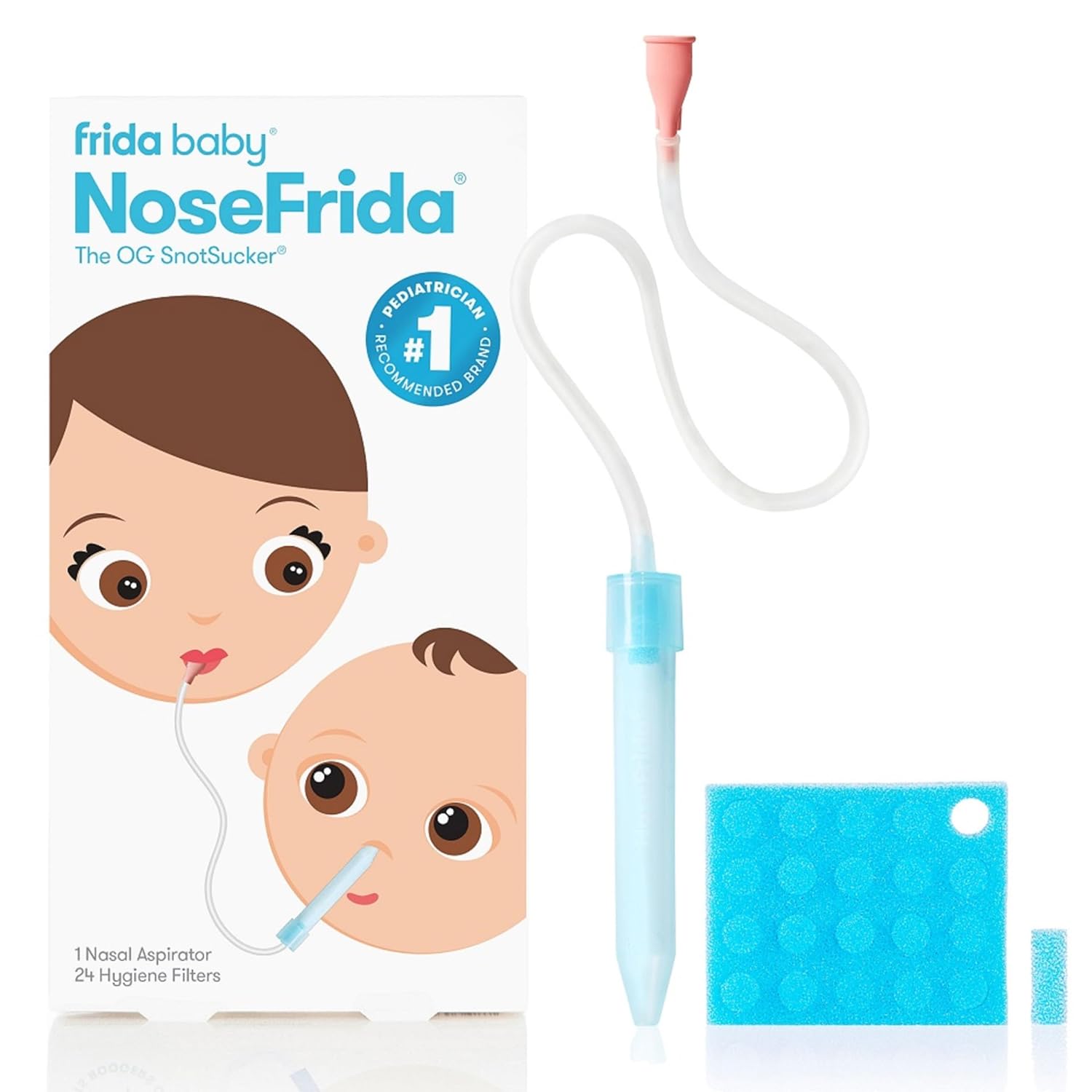
Bulb syringe and nasal saline
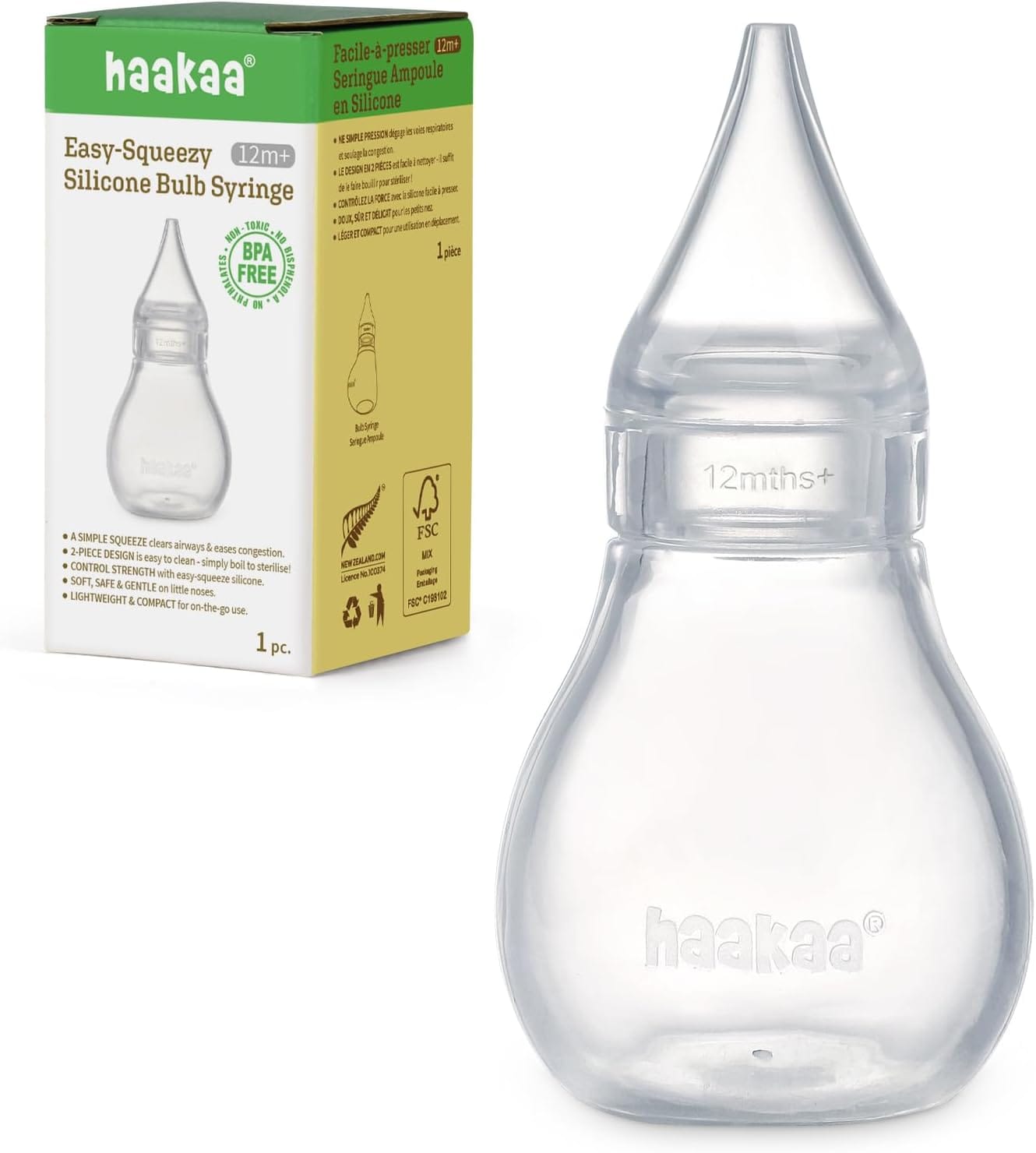
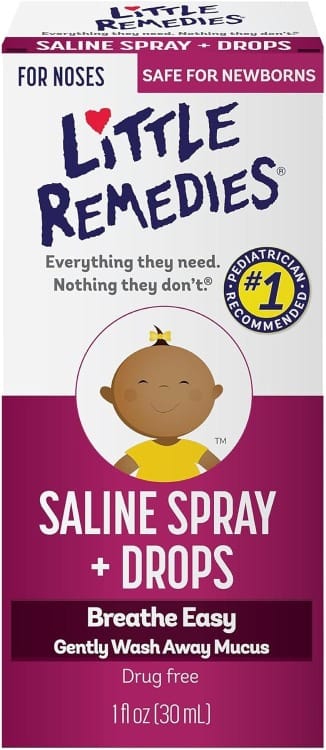
Digital thermometer
A digital thermometer is important to have on hand when a baby is in the house. Digital thermometers can be used rectally or under the arm to measure temperature more accurately. Fever in young babies should always be reported to your physician, so it's nice to have one at home for peace of mind.
I like the Vicks Speed Read Digital Thermometer. It gets a fast reading, which is excellent for wiggly babies. It's also fairly accurate compared to the official readings at our doctor's office. You can buy disposable probes for rectal readings to make them easier to clean between uses.
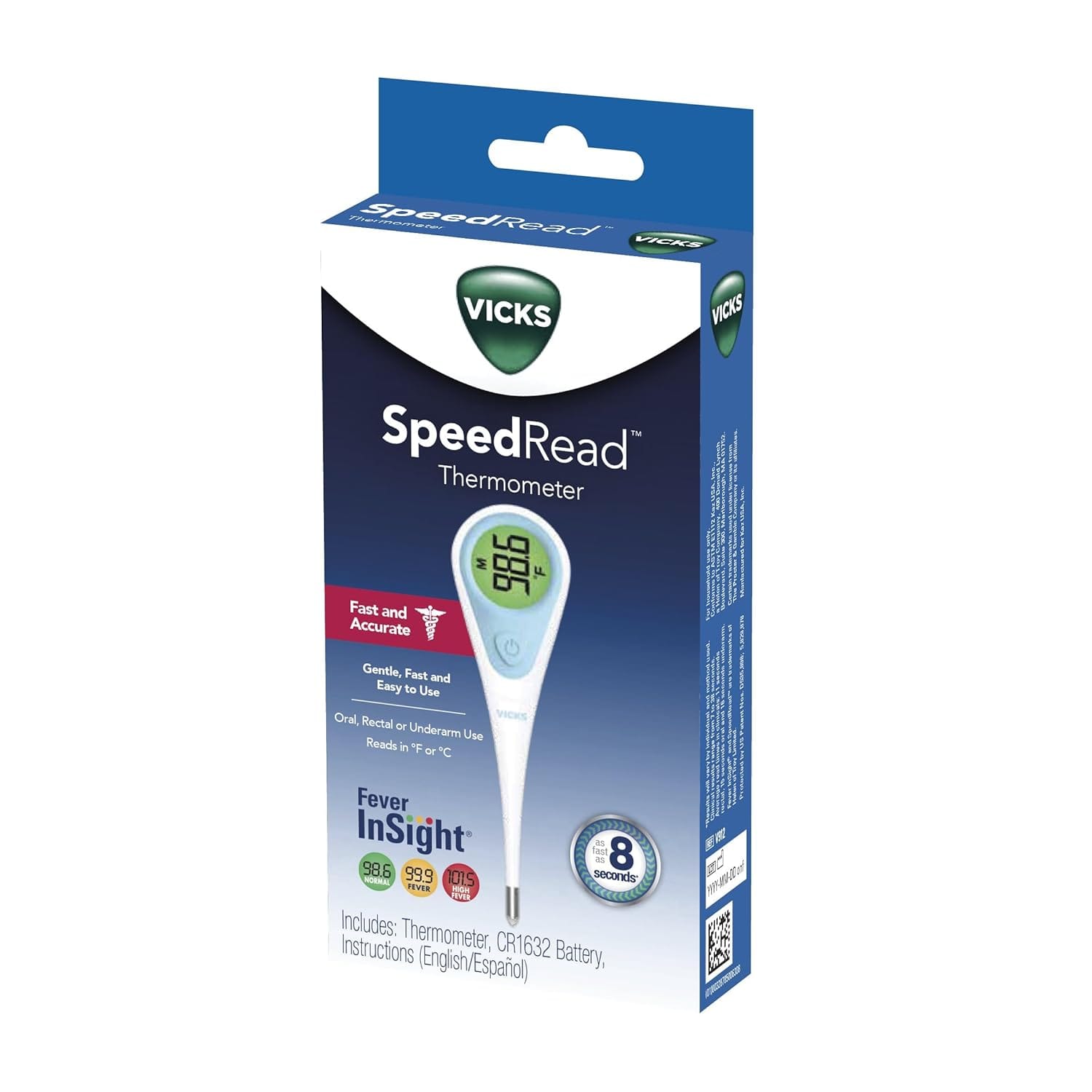
Sick Day Essentials for Toddlers and Children
When your kids get a little older, they are slightly *slightly* better at blowing their noses. Slightly. You probably don't need the bulb syringes anymore, but plenty of tissues are always handy! Cool mist humidifiers and digital thermometers (as referenced above) are also still helpful in this age group.
Forehead thermometer
With older kids, you can consider using a no-touch forehead thermometer. It's not as accurate as a digital thermometer, but it gives you a pretty good gauge of whether your child has a fever and how high it might be.
This one by iHealth is my favorite because it is STEALTH. It's super quiet and fast, so I can quickly check on my kids to see if they are resting without getting them all riled up. If I have a concern about high fever, I'll screen with this and then try to get a more accurate reading with my digital thermometer.
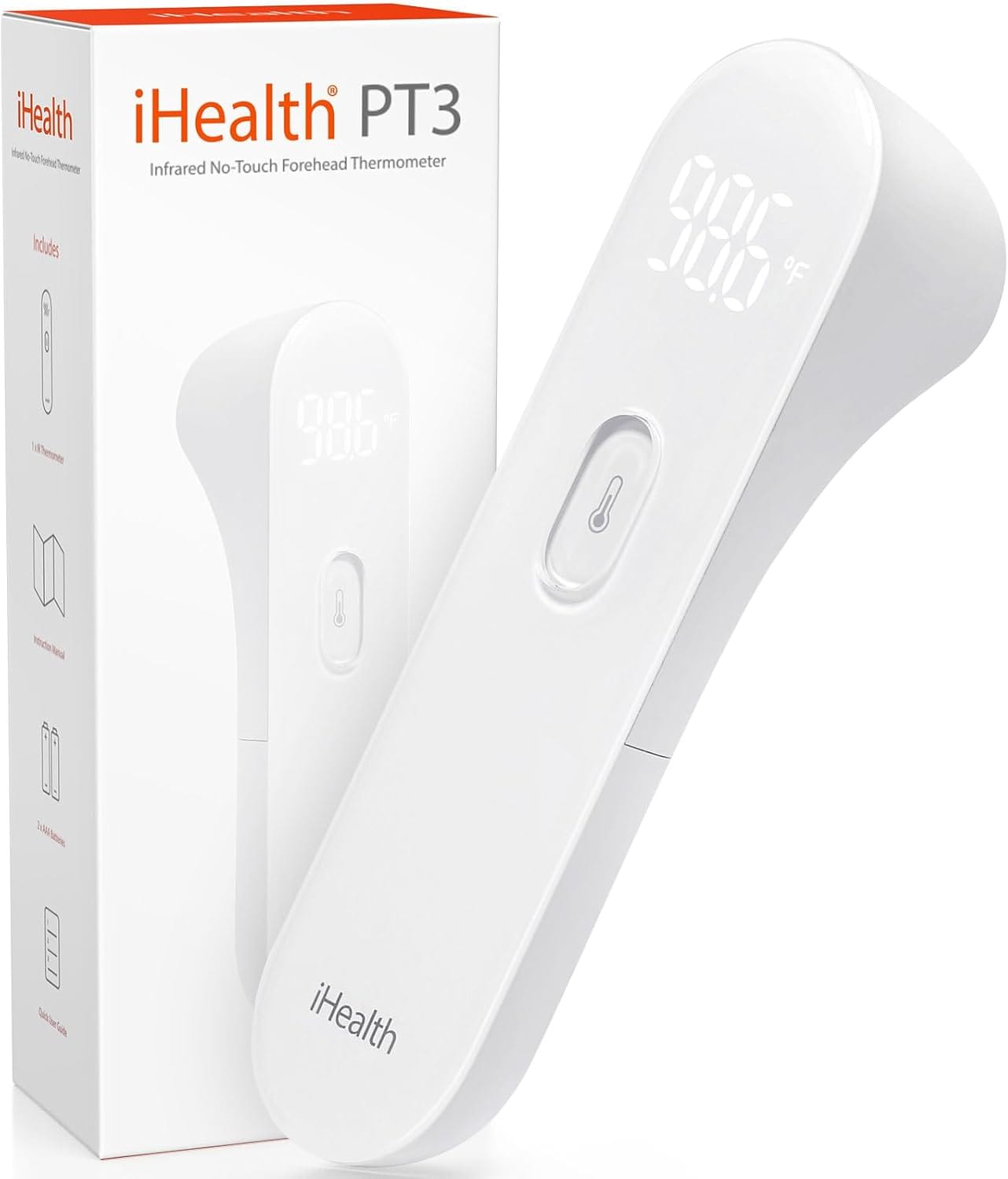
Pedialyte®
I have a love-hate relationship with Pedialyte. It's terrific for preventing dehydration, but if I'm using it, it means someone in the house is really sick. Pedialyte and other electrolyte replenishment solutions treat or prevent mild dehydration. If you have concerns about dehydration, you should contact your doctor. But if they recommend Pedialyte, these are some good options!
Pedialyte popsicles are great for replenishing fluids during strep throat and enticing reluctant kids to get some fluid in them. My kids have a tough time swallowing with strep throat and other throat illnesses, so I keep some in my freezer all winter so it's nice and cold and ready when strep throat strikes!
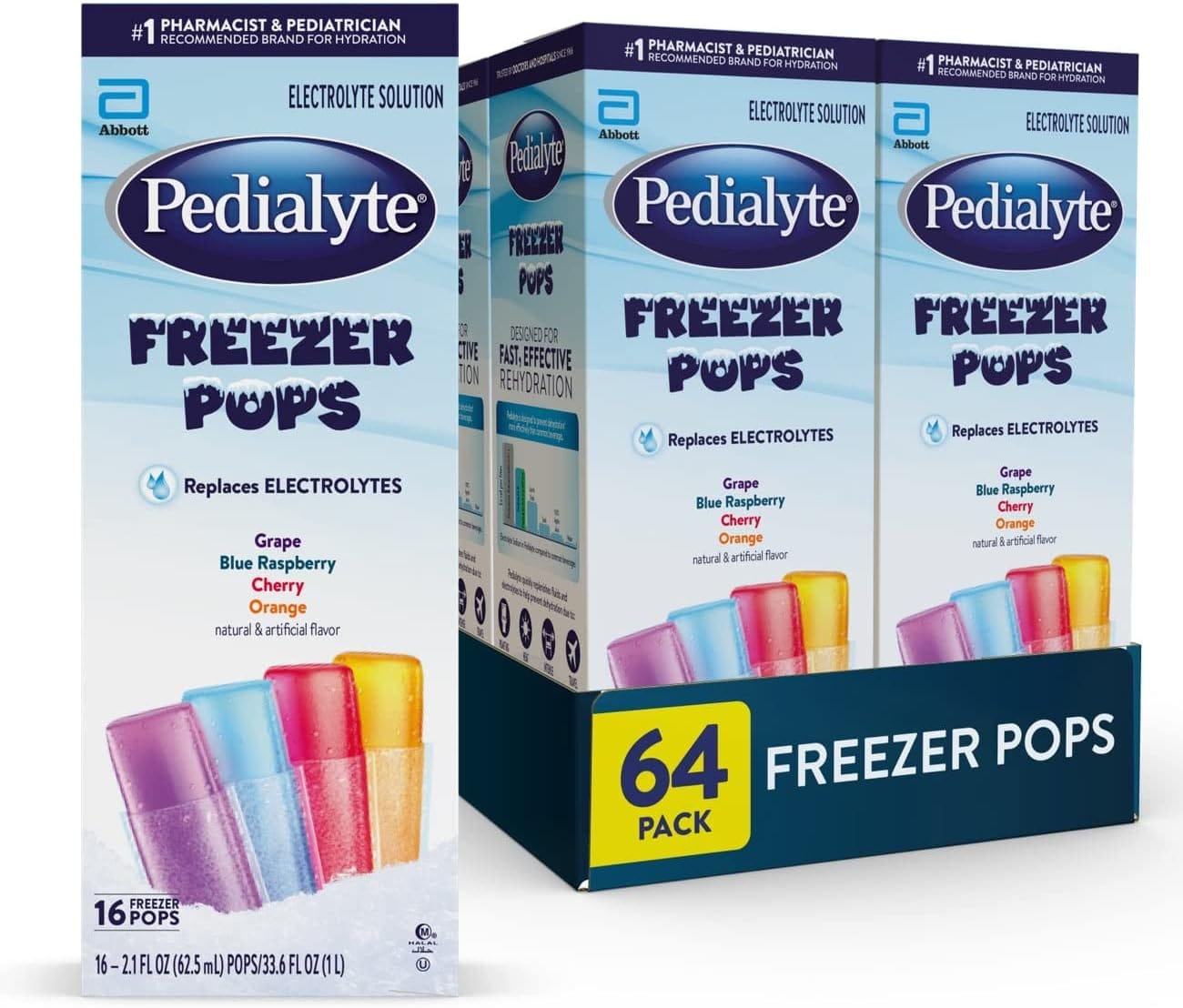
Pedialyte packets are good to keep in your pantry (stored high out of reach!) to use as an oral rehydration solution when needed, such as when your whole house has a GI bug like norovirus. If you haven't experienced that fun yet, best of luck, and I hope you never do.
It's just good to have handy because it's easy to mix, and kids and adults can use it. Trust me, running to the store when you're vomiting to get Pedialyte or Gatorade for your vomiting kids is, like, the worst.
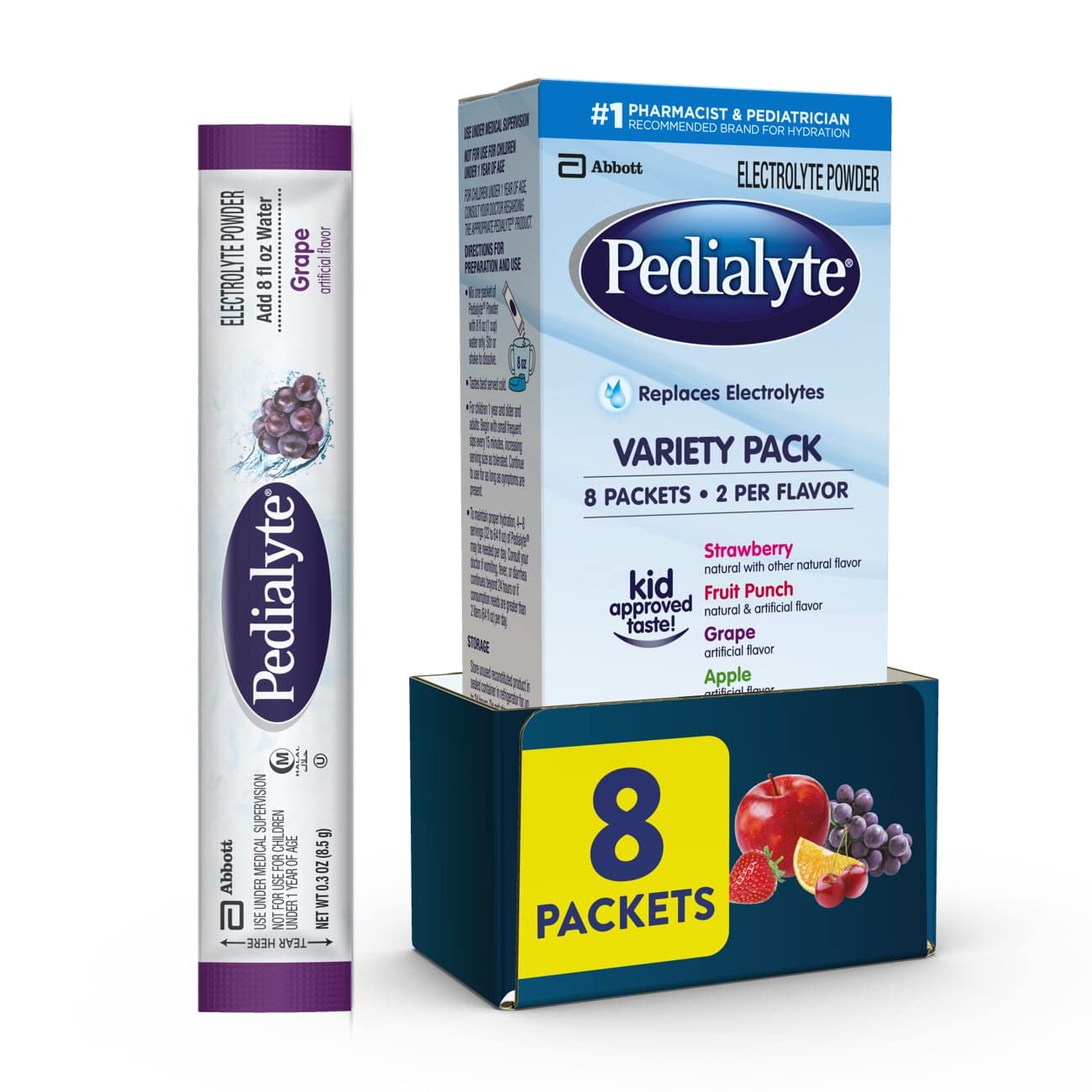
Other Household Essentials
Sick days are tough! Sometimes, kids get back-to-back illnesses, especially if you have multiple siblings. We've had entire months where someone is home from work, school, or daycare.
In addition to the products mentioned above, I recommend paper towels, Clorox wipes (or the cleaning agent of your choice, but something that kills stuff like flu or norovirus), hand sanitizer, and a good book or Netflix show! Paw Patrol on repeat, anyone? Arts and crafts or something else to keep the littles busy is good, too. I keep some aside and call it the rainy-day stash.
And for the bougie pre-teen in your life, my 8-year-old tells me that these hand sanitizers are all the rage right now (I won't admit whether I bought these or not...)
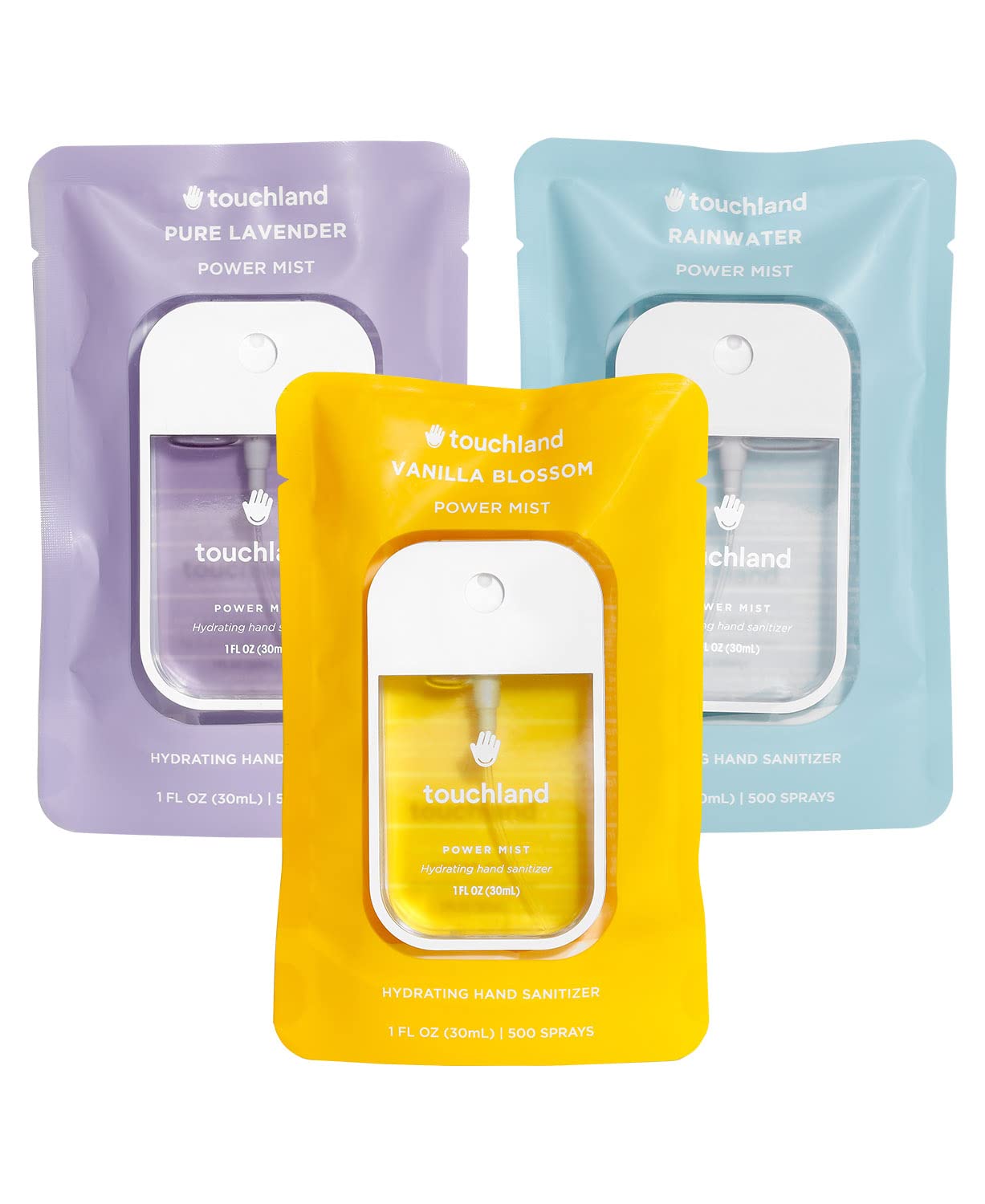
Feel better soon!
-Kids Med Guide

